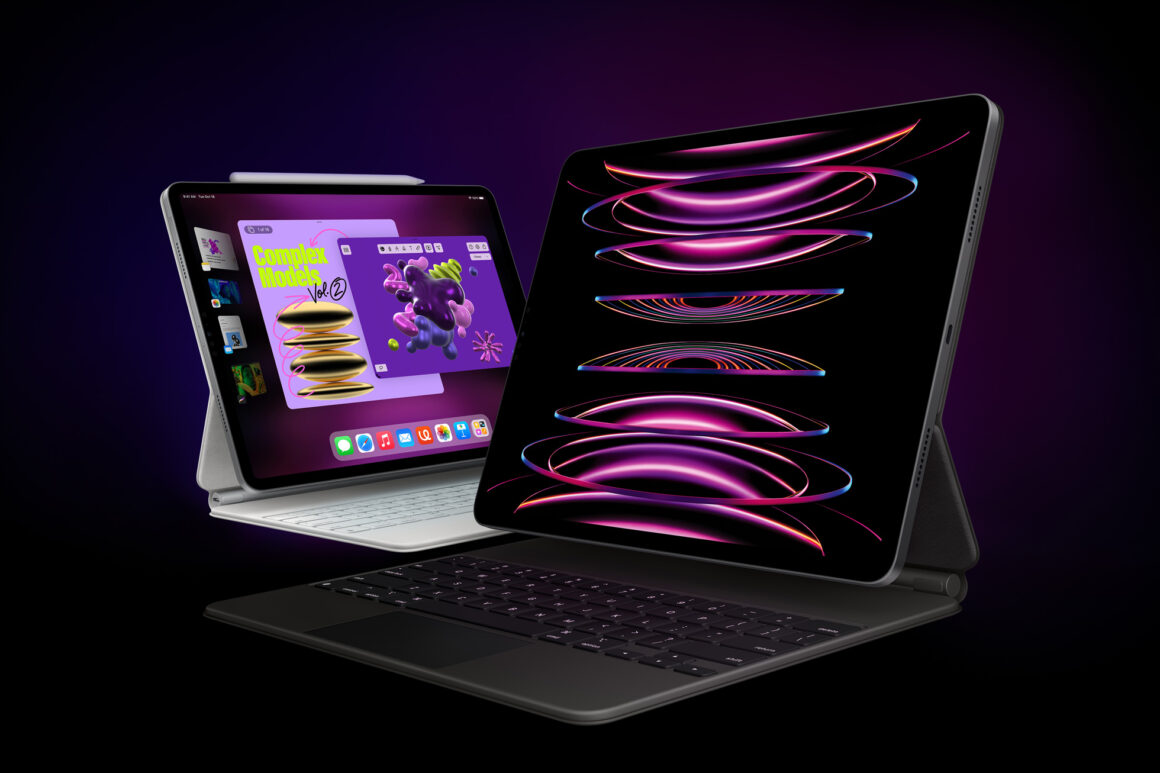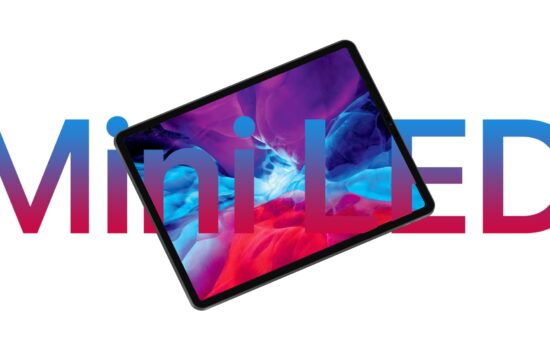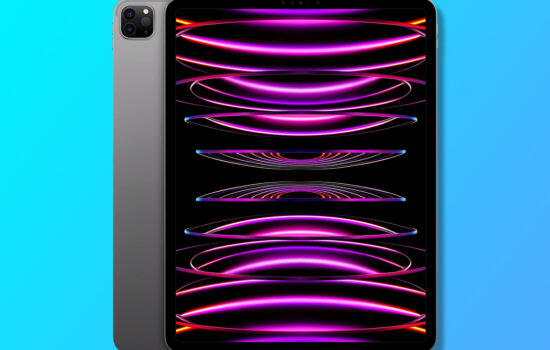We’ve been expecting a major refresh for the iPad Pro possibly this week or within this month. Based on previous reports and rumors, there are several new features that we’re looking forward to which may be the biggest leap in the iPad Pro since 2018.
- M3 chip – The current iPad Pro models feature the M2 chip, which offers an incremental improvement in performance over the M1. As the iPad Pro now uses the same chips found in Apple’s base Mac models, we’ll certainly see the next iPad Pro gain the M3 chip. Not only we will see a boost in performance, but we’ll also see hardware-accelerated ray tracing and mesh shading come to the iPad for the first time. Since the M3 chip is based on the A17 Pro chip’s architecture in the iPhone 15 Pro, the games will have the best experience playing AAA games on the upcoming iPad Pro.
- Redesigned accessories – The main Apple accessories that the iPad Pro uses are the Magic Keyboard and Apple Pencil. While the Magic Keyboard offers the best typing experience for iPad Pro, there’s a lot that could be improved on the Magic Keyboard, and recent rumors indicated a major redesign of the Magic Keyboard. Some enhancements include a redesigned base with a more durable aluminum design as well as a larger trackpad to use several gestures for quick actions on iPad. For the Apple Pencil specifically, both the 2nd-generation and the USB-C model are great tools for drawing or taking notes on iPad Pro, and the new Apple Pencil hover feature takes the experience to the next level. Several references of code have pointed to the next-generation Apple Pencil which could let you use interchangeable tips and Find My support to help you find the Pencil easily. We could also see a redesign for the upcoming Pencil as well.
- Landscape camera – The current iPad Pros feature a front-facing camera on the top side when holding the iPad Pro in portrait mode. The base iPad (10th generation) is the first model to feature the camera on the right side so when you use the iPad in landscape mode or with a Magic Keyboard Folio, then the camera is at the correct position as you’re directly at it instead of on the side. With several references of code in the latest betas of iPadOS 17.4, we’d like to see the same change on the next iPad Pro along with the TrueDepth camera system for Face ID.
- OLED displays – Both the 2018/2020 iPad Pros featured LED-backlit LCDs (Liquid Retina displays); however, that changed starting with the larger 12.9-inch iPad Pro with the M1 chip in 2021. That model adopted mini-LED displays, or Liquid Retina XDR displays, which offer better contrast ratios and improved brightness levels. However, one issue that those displays have is the “blooming” effect where bright UI elements or text would appear to bleed light in a deep black background for instance. That compromise will surely be remedied when Apple moves to OLED displays, which will provide better brightness levels and contrast ratios than before.
- All-new redesign – The iPad Pro last saw a huge makeover back in October 2018, and that iconic all-screen design eventually trickled down to all of the iPad models. Now it’s time for the iPad Pro to get a significant facelift. We expect the next iPad Pros to be the thinnest iPad models Apple has ever made, as thin as 5.0mm. Another possibility is that the next iPad Pro models will adopt MagSafe charging for wireless charging like with the latest iPhones and possibly reverse charging for charging an AirPods model or iPhone. The next iPad Pro will surely be a design feat that Apple will never achieve when designing minimalist products.
As mentioned before, we expect the iPad Pros to be announced as soon as this month. However, an exact timeframe has not been specified as Apple is reportedly not hosting any media event this month. The new iPad Pros are going to be the most exciting change for the iPad in years, and we’ll cover it once Apple announces it.
If you enjoy our content, make sure to follow @Appleosophy for more articles to come.








